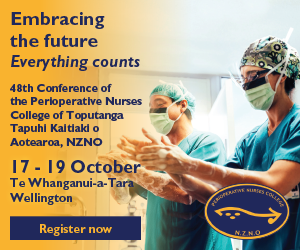Patients generally came after standard treatments had failed, mostly for chronic pain (45 per cent), such as fibromyalgia and osteoarthritis, he told conference. Another 20 per cent came for emotional distress, such as anxiety, depression and insomnia. Another 17 per cent were cancer patients and 16 per cent had neurological conditions such as Parkinson’s disease, seizures or multiple sclerosis (MS). It was particularly effective for migraines, said Gulbransen, also an addiction specialist. Autistic spectrum disorders, chronic fatigue, Tourette’s syndrome and pre-menstrual tension could also be helped.
“Thousands” of cannabis strains had various levels of the active compounds tetrahydrocannabinol (THC) and cannabidiol (CBD). THC was a “euphoriant” but had therapeutic qualities such as pain relief, anti-nausea, sedation and muscle relaxant. CBD had pain relief, relaxant, anti-psychotic and anti-convulsant qualities. A balance of the two worked well.
About half his patients didn’t return – he suspected many accessed cheaper cannabis illegally – but a quarter of those who did reported “very good” or “excellent” results.
Sativex is the only medicinal cannabis brand containing more than two per cent THC currently approved by the Ministry of Health (MoH) for prescription, having been through clinical trials for MS. With balanced amounts of THC and CBD, it cost about $900 for a three-month supply of spray. Any doctor could prescribe Sativex or a CBD product to any patient for any condition. But only specialists could prescribe cannabis products with more than two per cent THC, he said.
Voting to support the legalisation of recreational cannabis in this month’s referendum would allow people over 20 to buy clearly labelled cannabis products in shops, instead of $200 million being spent annually on cannabis-related police prosecutions, he said.
“It’s really saying that, as health professionals, we think cannabis is a health issue, rather than a legal issue.”



